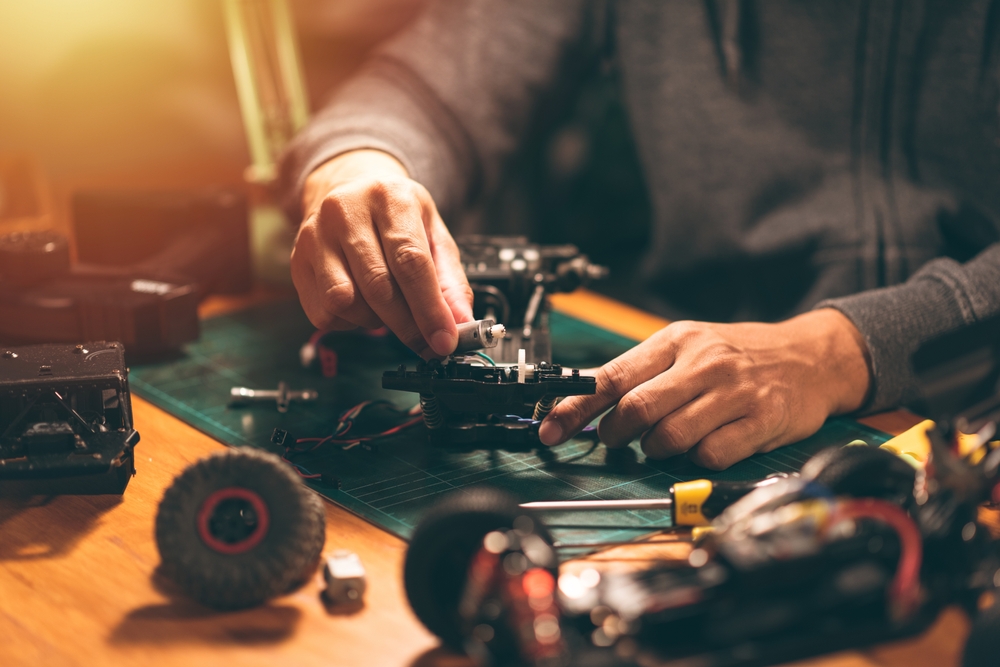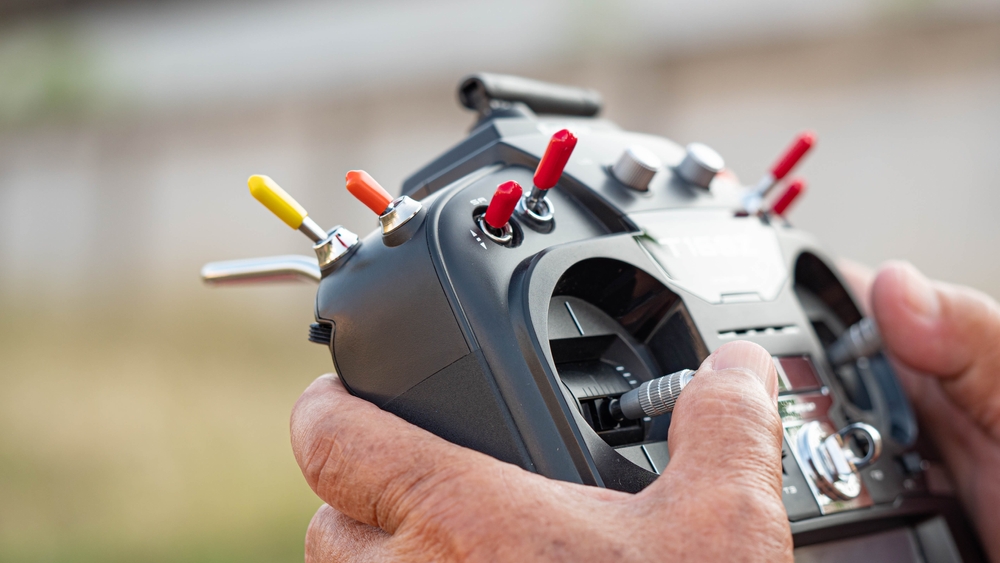Hey there, parents! Nice to have you here on the pages of my blog. Today, we are going to discuss some basic topics on RC helicopters. I will share essential facts as well as some of the views and personal experiences I have amassed throughout the decades of being an RC aircraft enthusiast and creator myself.
A Fun Present or a Lifetime Passion?
Most parents buy their kids radio-controlled helicopters, drones, and airplanes as birthday or holiday gifts. Little do they know that this kind of present has the potential to turn into a lifetime creative hobby.
Some kids do regard RC helicopters just as regular toys. They play with them for a while, then they leave them to dust in the basement or pass them on to their younger siblings or cousins.
However, other children develop a keen affinity for RC aircraft, and that evolves into a hobby and a lifetime passion. The latter occasion is something you might want to consider, especially when it comes to money.
Eyes on the Price
Flying RC helicopters can be a costly hobby. True, you can get a decent basic machine for under $100, but that would just be a simple toy. A real model helicopter can do complex maneuvers, whereas cheap RC aircraft usually only fly up and down and spin within a limited range.
That said, if you are looking to instill the love of RC helicopters in your child, I would suggest going for a more sophisticated machine. These models have better controls and a wider operating range.
However, they are more expensive and are usually found within specialized physical and online stores. Before you purchase one, it is best to perform proper research to avoid wasting money on a model that might not be worth it.
I present quite a few useful reviews on the pages of this blog, but you could try other sources as well. Here is a useful video that might help you in this regard:
Fly High Above the Sky, or Not?
Talking about models and prices, you should be aware that there are two major categories of RC helicopters depending on where you would like to fly them. The smaller, and usually much cheaper ones, are suitable for flying indoors. The larger, heavier, and typically more sophisticated machines are for outdoor flying.
I would recommend you start with a small, stable machine for operating indoors. After some time, you and your kid can move on to flying outdoor RC aircraft.
Useful Tip: Ensure Extra Safety
It is always better to stay on the safe side. This fact is particularly true when we have children involved. One useful tip I have mastered throughout the years is employing the benefits of an RC helicopter simulator.
A simulator is a very convenient program you can run on your computer, tablet, and even cell phone. Presently, these programs are so evolved that your kid can exercise all controls, and they can even get a remote control dummy transmitter.
Needless to say, practicing with the help of a simulator provides additional safety. Also, it helps you get by a bit cheaper by allowing you to save on broken models and parts.
Wait, What?! Registering Your Kid’s RC Helicopter with the FAA
Yep, you got that right. In certain cases, or should I say, in most cases, you need to register your kid’s RC aircraft with the FAA. Don’t worry, it’s not an overly complicated and costly procedure. But first, let me explain what the FAA is:
The Federal Aviation Administration (FAA)
The Federal Aviation Administration (FAA) is one of the agencies of the U.S. Department of Transportation. It regulates both civil aviation and commercial space transportation across the U.S. To do that, the FAA sustains and manages systems for air traffic control over civil and military aircraft. It also provides navigation systems and institutes programs for aviation safety and security. In short, this is the authority where you need to register your child’s RC helicopter.
Rules for Registering Your RC Helicopter
Now, the good news is that not all RC aircraft need to be registered with the FAA. Registration is required only for machines with weight above .55 pounds (250 gr). Anything below that falls within the Exception for Recreational Flyers and can be flown without the need to complete burdensome paperwork.
It is important to note that it is not actually the aircraft you are registering but yourself or your child as the licensee to operate said aircraft. The piece of legislation that governs the registration is called Exception for Limited Recreational Operations of Unmanned Aircraft. To register, you need to fulfill the following conditions:
- Be 13 years of age or older. This means that if your kid is younger than 13, you will need to register on their behalf;
- Be a U.S. citizen or have legal permanent residency;
- If you are a visitor to the U.S., please keep in mind that you might be subjected to other policies, so please check in with the FAA.




